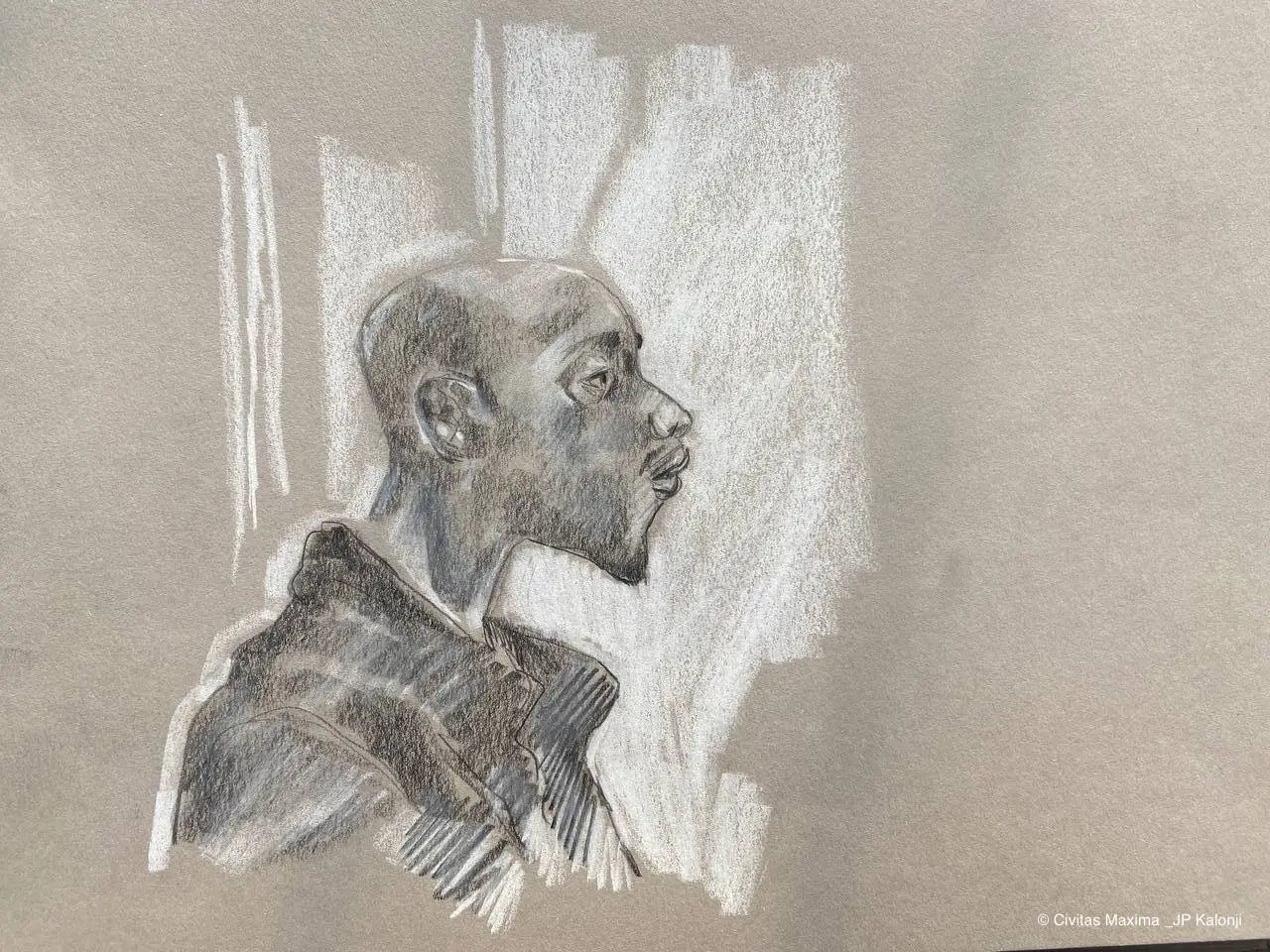
SRT grantee partner Civitas Maxima welcomes result after convicted Liberian warlord loses his appeal
Victims represented by SRT grantee partner Civitas Maxima welcomed the fact that the Paris ‘Cour d’assises’ found a convicted Liberian rebel commander guilty after he had appealed his previous conviction.
Kunti Kamara had already been found guilty of crimes against humanity for his role during the First Liberian Civil War (1989-1997) and given a life sentence in 2022 by a French court. He appealed this decision, and in March 2024 was found guilty for a second time of complicity in crimes against humanity and the commission of simple and aggravated acts of torture and barbarism in Lofa county, Liberia. Kunti Kamara is the first Liberian national to have been tried in relation to crimes against humanity allegedly committed during the Liberian civil wars.
Kunti Kamara is a former commander of the United Liberation Movement of Liberia for Democracy, (ULIMO). ULIMO was one of several armed groups fighting against Charles Taylor’s National Patriotic Front of Liberia during the first of two civil wars – in which over 250,000 people were reportedly killed, with soldiers on both sides being accused of torture, massacres and rapes, often committed while under the influence of drugs or by child soldiers conscripted by all factions.
Civitas Maxima, a civil party in the trial alongside the Liberian victims, filed the original criminal complaint that started the proceedings in France in 2018. The crimes Kunti Kamara was charged with included torture, cannibalism, and forced labour, among others. He was sentenced to 30 years imprisonment following the appeal.
During the recent appeal trial proceedings, the court heard testimony from 22 witnesses, 9 civil parties, and 5 expert witnesses, including psychologists and a psychiatrist. Contextual witnesses such as former Liberia Truth and Reconciliation Commission chairs John Stewart and Massa Washington, war photographer Patrick Robert, and documentarist Christophe Naigeon also provided testimony.
Additionally, one of Kunti Kamara’s former comrades in arms, former ULIMO commander Alieu Kosiah, testified before the court. He had previously been convicted in Switzerland to 20 years imprisonment for war crimes and was subsequently convicted on appeal also for crimes against humanity, notably for his involvement in some of the same acts which Kunti Kamara has been found guilty of. Civitas Maxima had also represented victims against Alieu Kosiah.
Civitas Maxima reported that; “This is a historic case for both France and Liberia. For France, the Kamara case was the first universal jurisdiction trial not linked to the Rwandan genocide, and with the defendant present. It was only the fifth trial of this type to take place in France. For Liberia, this verdict confirms the first ever conviction for crimes against humanity linked to the Liberian civil conflicts.”
The conviction of Mr. Kamara for complicity in acts of rape and sexual slavery, qualified as crimes against humanity, is particularly significant, being the first judgment that condemns and recognises the systematic nature of sexual violence committed during the Liberian civil war. This recognition is key to fostering a new public perception of these crimes in Liberia, where the victims of sexual violence are still ostracized to this day.
Civitas Maxima stated that; “The court’s ruling is significant in its appreciation of the widespread practice of sexual violence committed by ULIMO as an armed group. It ruled that there was a massive and systematic practice of sexual violence and slavery committed by members of the group in 1994.This practice was characterised as a ‘concerted plan’ to spread terror and exert the power of the armed group over the civilian population in the territory it controlled. Kunti Kamara’s case is the first time, since cases related to the Second World War or the Rwandan genocide, that trial judges have identified the ‘concerted plan’ element of crimes against humanity.”
After the trial, Civitas Maxima continues to offer support and assistance to the victims including the medical expenses of a plaintiff who was raped and tortured by Kunti Kamara’s men.
Sabrina Delattre, lawyer for Civitas Maxima and eight Liberian civil parties said that it was “important for the victims and the civil parties who for the second time have been heard and believed”. She noted that they had been able to “obtain the justice they had not obtained in their country”.
In March 2024, a motion was approved by the lower house of Liberian parliament to set up a long-awaited war crimes court in Liberia, with Liberian senators voting overwhelmingly in favour of it in April, in what is seen as the first step towards trying perpetrators of human rights violations in Liberia itself.
Return to grantee stories
